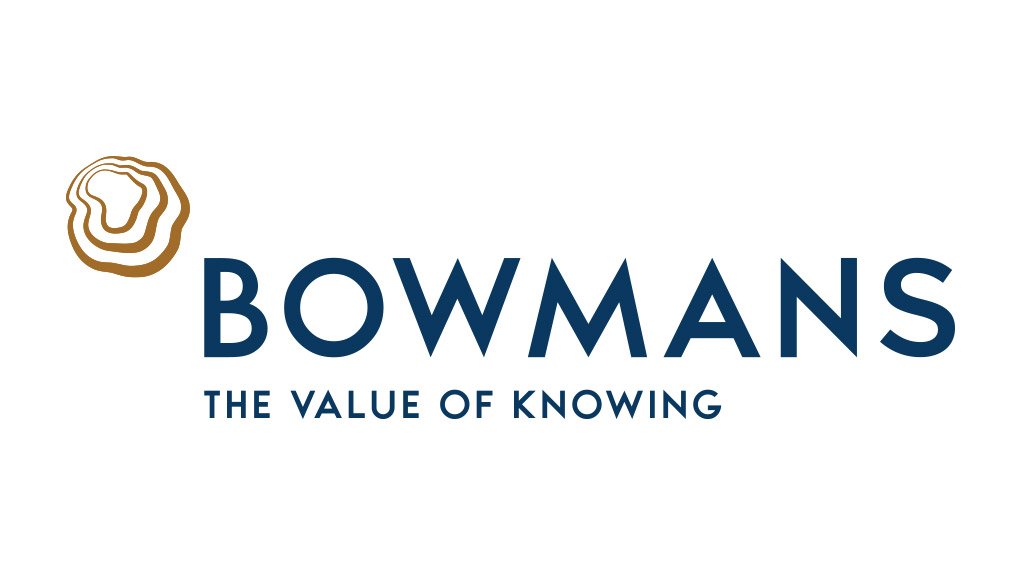With industrialisation, trademarks have become a crucial element in the modern global trade landscape. A trademark is a unique sign or logo that indicates a specific product, or service is created or supplied by a particular individual, company, or industry and plays an essential role in establishing both the brand identity of the creator and the customer trust. In Mauritius, the transfer of trademarks is governed by a sophisticated legal framework that ensures the protection of the intellectual property rights of the originators while facilitating business transactions. This article delves into the details and procedure of transferring trademarks under Mauritian laws, by providing a comprehensive guideline for businesses wishing to transfer their trademarks.
A sophisticated legal framework
The primary legislation governing trademarks in Mauritius is the Industrial Property Act 2019 (the Act). The Act consolidates and modernises the law relating to industrial property, including trademarks, patents, geographical indications and designs. The Act is administered by the Industrial Property Office of Mauritius (IPO), which operates under the guidance of the Ministry of Foreign Affairs, Regional Integration and International Trade.
Under the Act, a trademark is defined as any sign capable of distinguishing the goods or services of one enterprise from other enterprises. This includes words, logos, symbols, and even sounds or colours that are used in commerce.
The Transfer of Trademark in Mauritius
The transfer of a trademark in Mauritius can occur through various means, including assignment or sub-licensing. To record a change of particulars which could be a name or address, the required documentation is a document evidencing the change or an affidavit certifying the change.
Assignment of a trademark
An assignment involves the transfer of rights, interests, titles, and benefits (ownership) of a trademark from one party (the assignor) to another (the assignee). The assignment can be total or partial, depending on whether all or some of the rights associated with the trademark are transferred. In the context of trademarks, the assignment involves transferring the ownership rights of a trademark from the original owner to another individual or entity.
The requirements for the assignment of a trademark would involve the following:
- Written agreement: In accordance with Section 134 (4) of the Act, for a change in ownership, the assignment must be in writing and should notify the Director of the IPO of such change or assignment on a prescribed form.
- Registration: The assignment must be registered with the IPO to be effective against third parties. The application for registration should include:
- A copy of the assignment agreement;
- Details of the trademark being assigned;
- Information about the assignor and assignee.
- Consideration: The consideration (payment) for the assignment will need to be specified in the agreement.
Sub-licensing
Sub-licensing allows the trademark owner (licensor) to permit another party (licensee) to use the trademark under specified conditions. There are different reasons behind the licensing of a trademark. It could be for additional business revenue, a new channel of distribution or segmenting the market, strategic partnership and to increase customer recognition and advertising. The licensor retains ownership of the trademark while granting usage rights to the licensee either on a monetary basis for using the trademarks or for instance the brand extension of the business.
The requirements for the sub-licensing of a trademark would involve the following:
- Sub-licensing agreement: The terms and conditions of the sub-licensing must be documented in a written agreement.
- Registration: Although not mandatory, it is advisable to register the sub-license with the IPO to ensure enforceability against third parties.
- Quality control: The licensor must maintain control over the quality of goods or services provided under the licensed trademark to prevent dilution or misuse.
The transfer of trademarks in Mauritius is a regulated process under the Act. Whether by assignment or sub-licensing, it is crucial to comply with the legal provisions and register the transfer with the IPO to secure protection and enforceability. Adhering to these procedures will allow businesses to efficiently manage their intellectual property assets and handle the complexities of trademark transfers in Mauritius.
Written by Jason Barbe, Associate, Bowmans Mauritius
EMAIL THIS ARTICLE SAVE THIS ARTICLE ARTICLE ENQUIRY
To subscribe email subscriptions@creamermedia.co.za or click here
To advertise email advertising@creamermedia.co.za or click here











